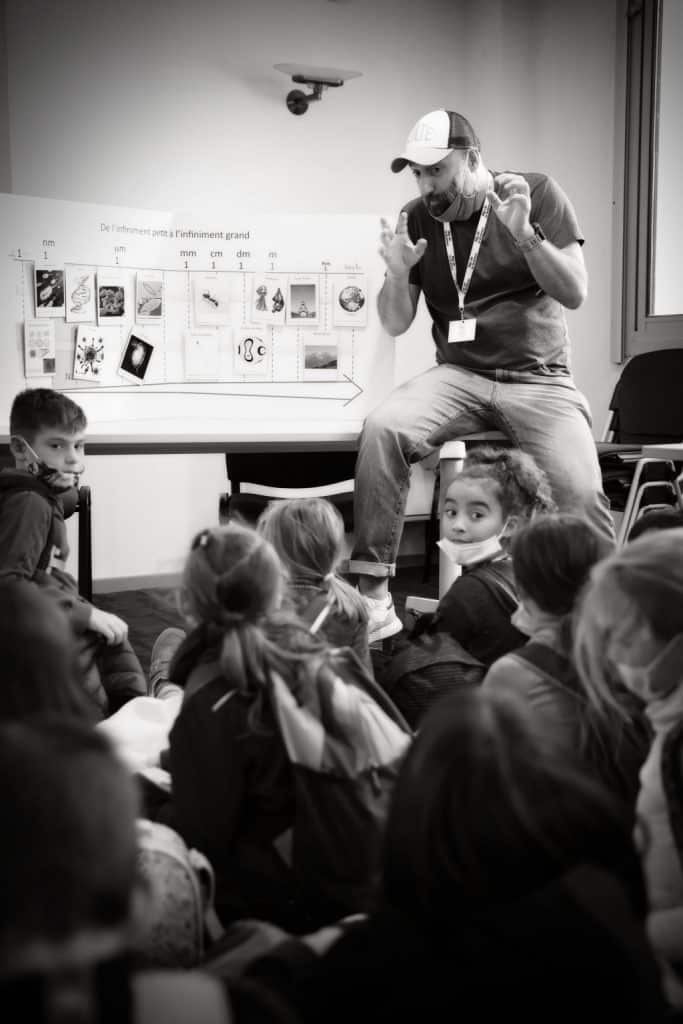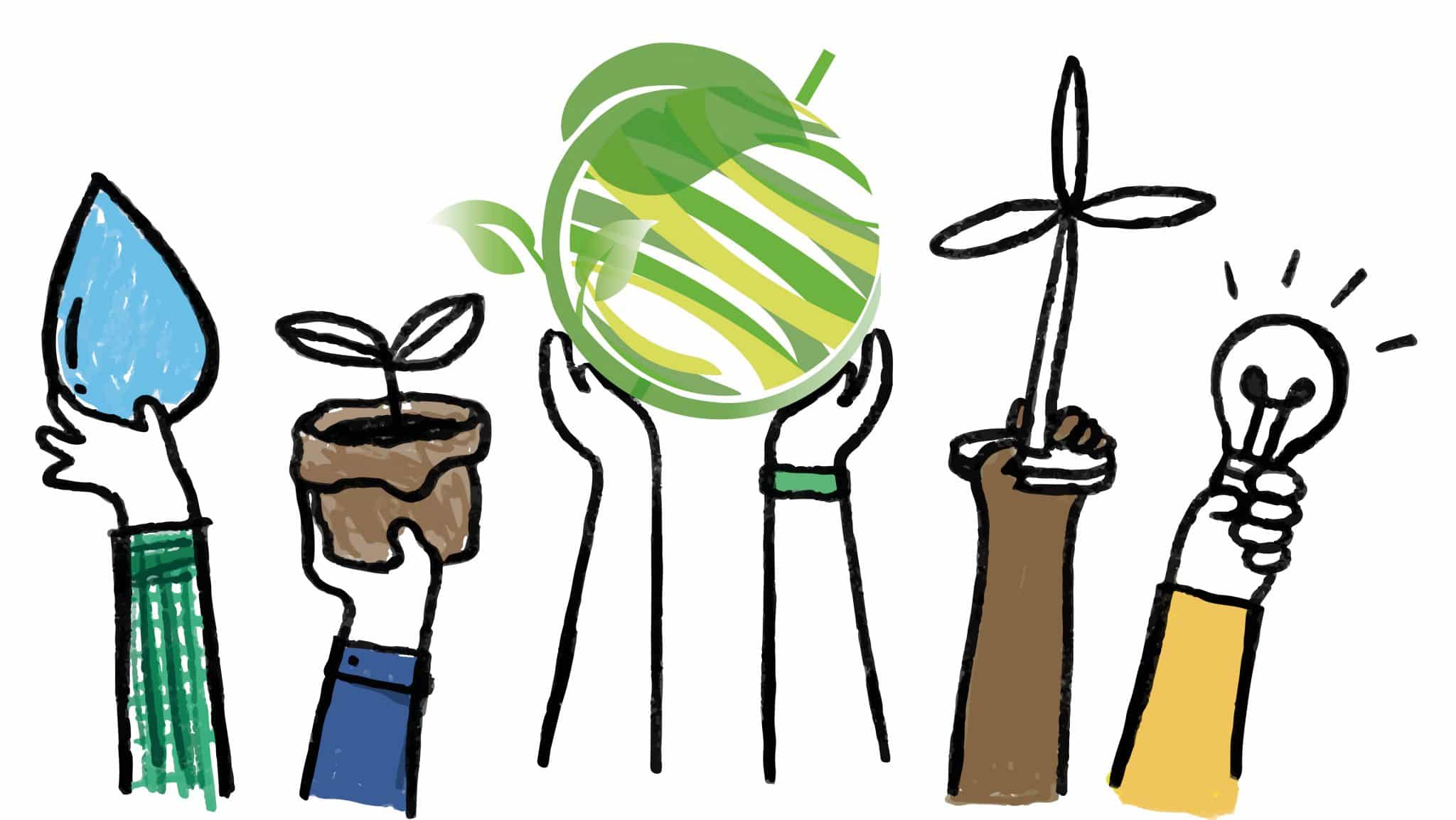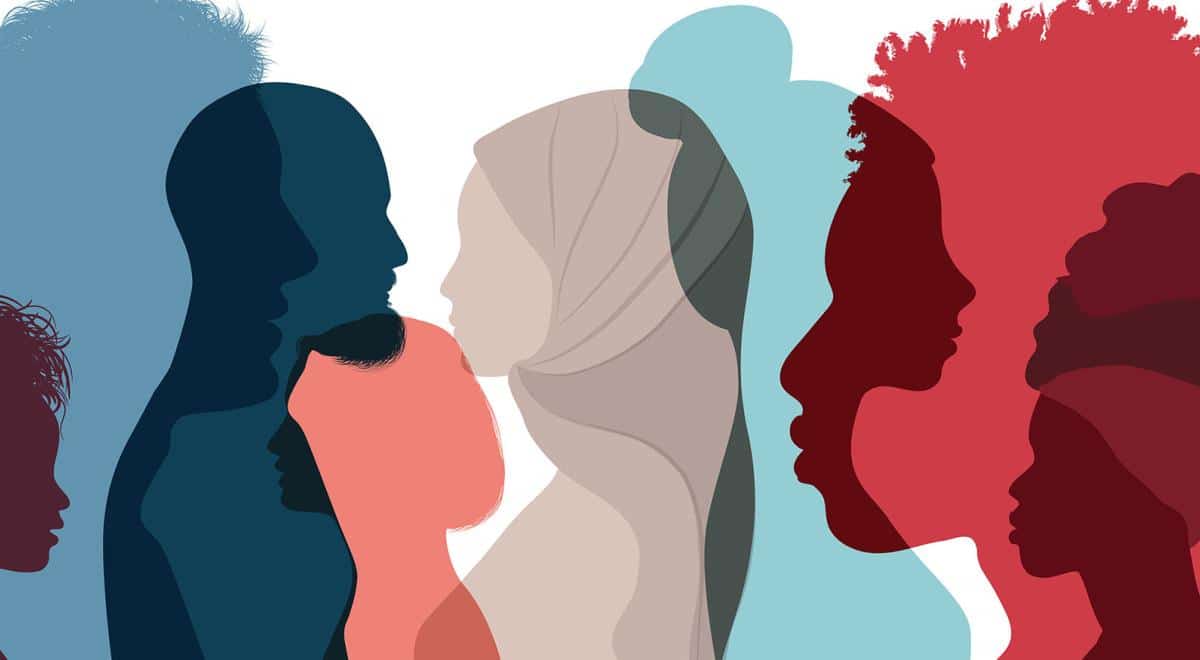Our commitments

The CEREGE has a policy of encouraging the publication of works in HAL from 59% in 2016 to 96% in 2022.
CEREGE sets up scientific culture programmes (projects Fripon on the collection of meteorites and Climate Witnesses),...of communication actions and CSTI towards schools and the general public: Fête de la Science, Cordées de la réussite, Olympiades des Géosciences, Projet Pass, Projet Edumed, Zest de Science, Nuit des Chercheurs, Tables Rondes de l'Arbois...
CEREGE is committed to the prevention of environmental risks and the pursuit of sustainable development objectives.. The unit has made a concrete commitment to transition, notably through the creation of a eco-responsibility committeea project to make research practices eco-responsible and an internal vote on a manifesto.
See our commitment to eco-responsibility
CEREGE works to promote parity and equality complying with non-discriminatory human resources management principles in terms of training, internal mobility and career development for its staff. A " equality unit "Created in 2018 offers training on implicit gender bias and assertiveness delivered by I. Régner, AMU Vice-President for Gender Equality & the Fight against Discrimination.
CEREGE offers quality of life at work by being attentive to the working conditions of its staff, their health and safety and the prevention of psycho-social risks
CEREGE fosters links, communication and integration through internal cells: The Health and Safety Unit, the Quality of Life at Work Unit, the Personnel Committee, the Doctoral Students' Committee, the Eco-Responsibility Unit, the Equality Unit, the Conservation of Scientific Collections Unit, the Core Drilling Unit, the Teaching Committee... These groups are strategic and essential tools for maintaining social links.
CEREGE facilitates professional integration through seminars organised by the doctoral students' committee.
CEREGE deploys a Data Management Plan (PGD or DMP) for each project, which are then checked by the national and European funding bodies.

Eco-responsibility
CEREGE's management is working together on an eco-responsibility project to reduce the laboratory's environmental footprint.

Equality
CEREGE is committed to a policy of equality and the fight against discrimination.

